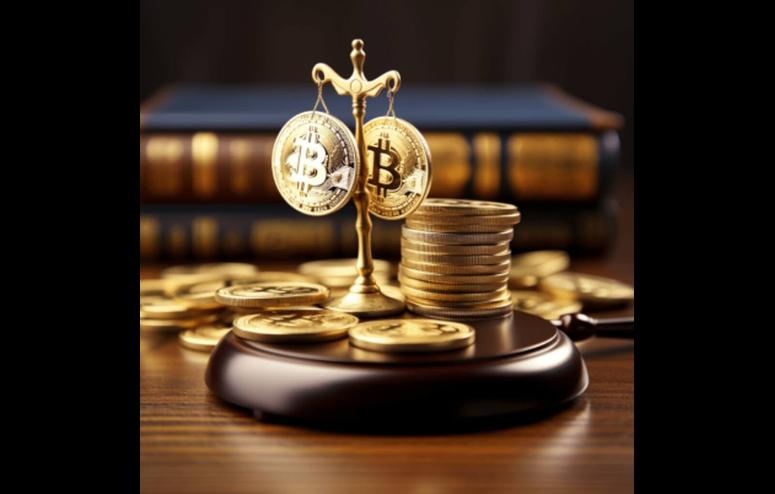Coinbase triumphs in SEC battle: Federal Court approves request for oral arguments | Cryptopolitan

TLDR Coinbase won the motion for oral arguments against the SEC, focusing on the classification of digital tokens and the nature of investment contracts.
The outcome of this legal clash, set for January 17, 2024, may play a crucial role in shaping future crypto regulations and the broader understanding of digital assets.
In a significant turn of events for the crypto industry, the U.S. District Court has granted Coinbase, a leading crypto exchange platform, its motion for oral arguments against the U.S. Securities and Exchange Commission (SEC). The judgment focuses on several pressing issues about the nature of digital tokens, their classification as investment contracts, and the broader scope of regulatory control over the digital asset space.
Coinbase is challenging the SEC’s attempts to categorize certain digital tokens as investment contracts, a definition that could extend the SEC’s jurisdiction over a wider range of crypto-based activities. Central to this legal debate is whether transactions in tokens and staking services can truly be defined as “investment contracts,” and if these digital assets should be regarded as securities under U.S. law.
Coinbase’s chief legal officer, Paul Grewal, emphasized the significance of this legal clash. He affirmed that the platform’s primary aim is to ensure that the definition and regulatory guidelines surrounding digital tokens are both fair and accurate. In addition, he stressed that certain categorizations proposed by the SEC might not appropriately fit within the realm of digital assets.
By challenging these definitions, Coinbase hopes to solidify a clearer and more appropriate classification framework for digital assets – one that could significantly influence the future of crypto regulations.
SEC’s overreaching claims questioned
The crypto industry, backed by several lawmakers, has repeatedly criticized the SEC’s approach, accusing it of “regulation by enforcement.” Such a tactic is seen as the SEC’s attempt to extend its jurisdiction over the rapidly evolving digital asset industry without clear mandates from the U.S. Congress.
Coinbase, in particular, has been vocal about its concerns. The platform recently petitioned the court to dismiss the lawsuit, citing that the SEC’s claims on what constitutes securities are overly broad when it pertains to digital tokens. They assert that the reasoning applied by the SEC for traditional assets does not appropriately translate to the unique attributes of digital assets.
These growing tensions have not only legal but also economic ramifications. The uncertainty stemming from these regulatory disagreements has reportedly caused fluctuations in crypto prices, thereby affecting investors and the broader market.
Oral argument set for January 17
Judge Katherine Polk Failla, in her order dated October 25, acknowledged the gravity of the issues raised and granted Coinbase’s request for oral argument. According to court filings, the argument is slated for January 17, 2024, at the Thurgood Marshall Courthouse in New York.
In her statement, Judge Failla mentioned, “In light of the Court’s substantial trial and hearing calendar for the remainder of this year, the parties are hereby ORDERED to appear for oral argument on January 17, 2024, at 10:00 a.m. in Courtroom 618 of the Thurgood Marshall Courthouse, 40 Foley Square, New York, New York.”
Grewal, on his part, has publicly expressed gratitude for the court’s prompt attention to this crucial matter. He emphasized that Coinbase is eager to clarify its stance and answer the court’s queries, reinforcing the platform’s commitment to navigating these regulatory waters judiciously.
Conclusion
As the date draws near, the outcome of this oral argument promises to be a landmark decision in the realm of crypto regulations. With the world watching closely, the judgment could play a pivotal role in shaping the future landscape of digital assets and their place within the global financial system.
